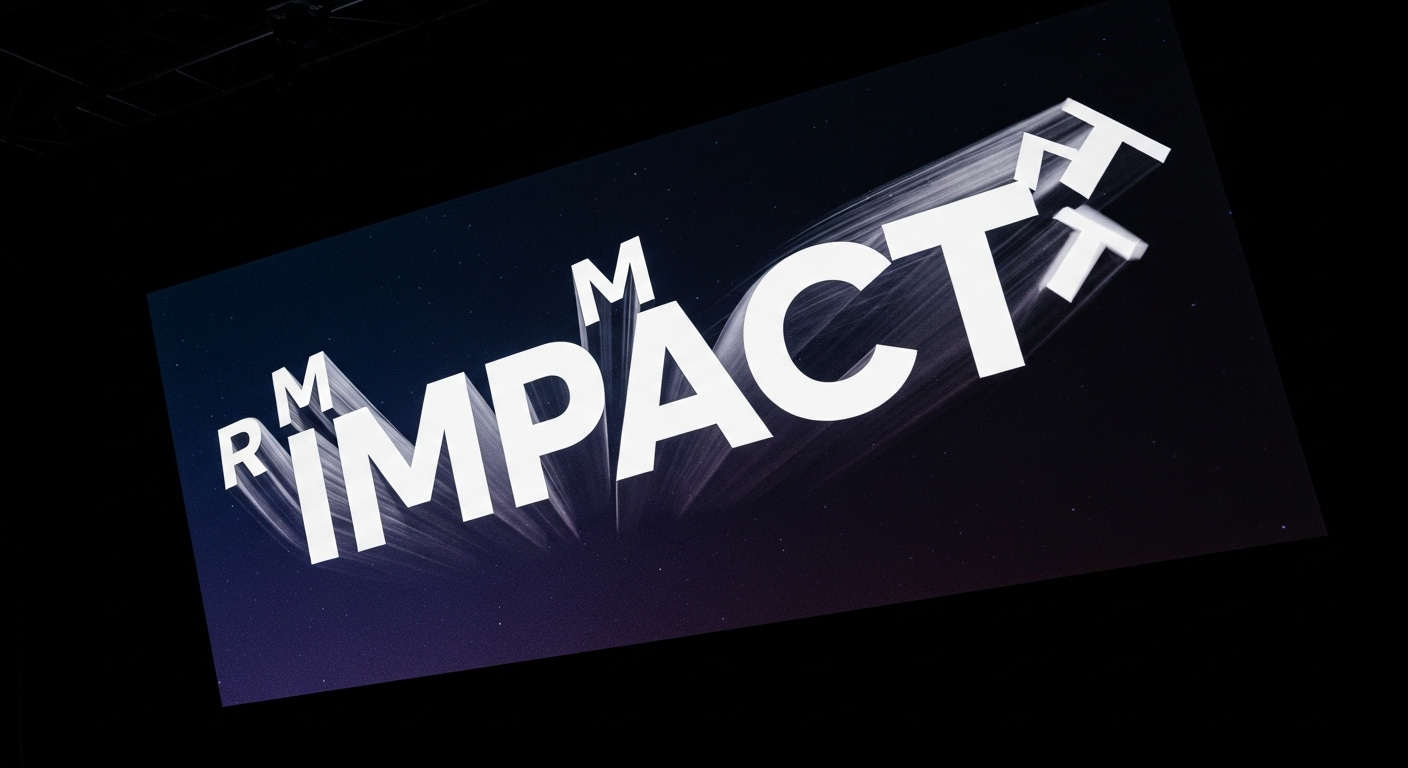Business Loans: A Comprehensive Guide to Financing Your Business Growth
Starting or expanding a business often requires substantial capital, and business loans serve as a crucial financial tool for entrepreneurs. These loans provide the necessary funding for various business needs, from purchasing equipment to managing cash flow or financing expansion projects.

Key Requirements for Business Loan Approval
Lenders typically evaluate several factors when considering loan applications. These include business credit score, time in operation (usually minimum 2 years), annual revenue (often $100,000+), and debt-to-income ratio. Strong cash flow statements and a detailed business plan significantly improve approval chances.
Exploring Loan Terms and Interest Rates
Business loan interest rates vary significantly based on loan type, lender, and borrower qualifications. Traditional bank loans generally offer rates between 3% and 13%, while alternative lenders might charge 10% to 99% APR. Term lengths typically range from 3 months to 25 years, depending on the loan purpose and amount.
Common Uses for Business Loans
Businesses utilize loans for diverse purposes, including:
-
Working capital management
-
Equipment or inventory purchase
-
Business expansion or renovation
-
Debt consolidation
-
Marketing and advertising campaigns
-
Hiring and training employees
Comparing Business Loan Options
| Loan Type | Typical Terms | Interest Rate Range | Best For |
|---|---|---|---|
| Traditional Bank Loans | 1-5 years | 3-13% APR | Established businesses |
| SBA Loans | Up to 25 years | 5.5-8% APR | Small businesses |
| Business Line of Credit | Revolving | 7-25% APR | Flexible funding needs |
| Equipment Financing | 1-5 years | 8-30% APR | Specific equipment purchases |
| Short-term Loans | 3-18 months | 10-99% APR | Quick funding needs |
Prices, rates, or cost estimates mentioned in this article are based on the latest available information but may change over time. Independent research is advised before making financial decisions.
Alternative Financing Options
Beyond traditional loans, businesses can explore alternative financing methods like invoice factoring, merchant cash advances, or crowdfunding. These options might suit businesses that don’t qualify for conventional loans or need specialized financing solutions. However, they often come with higher costs and should be carefully evaluated against traditional lending options.
The right business loan can provide the capital needed for growth while maintaining healthy cash flow. Success in securing favorable loan terms depends on thorough preparation, strong financial documentation, and choosing the appropriate loan type for your specific business needs. Consider consulting with financial advisors to determine the best financing strategy for your business circumstances.





